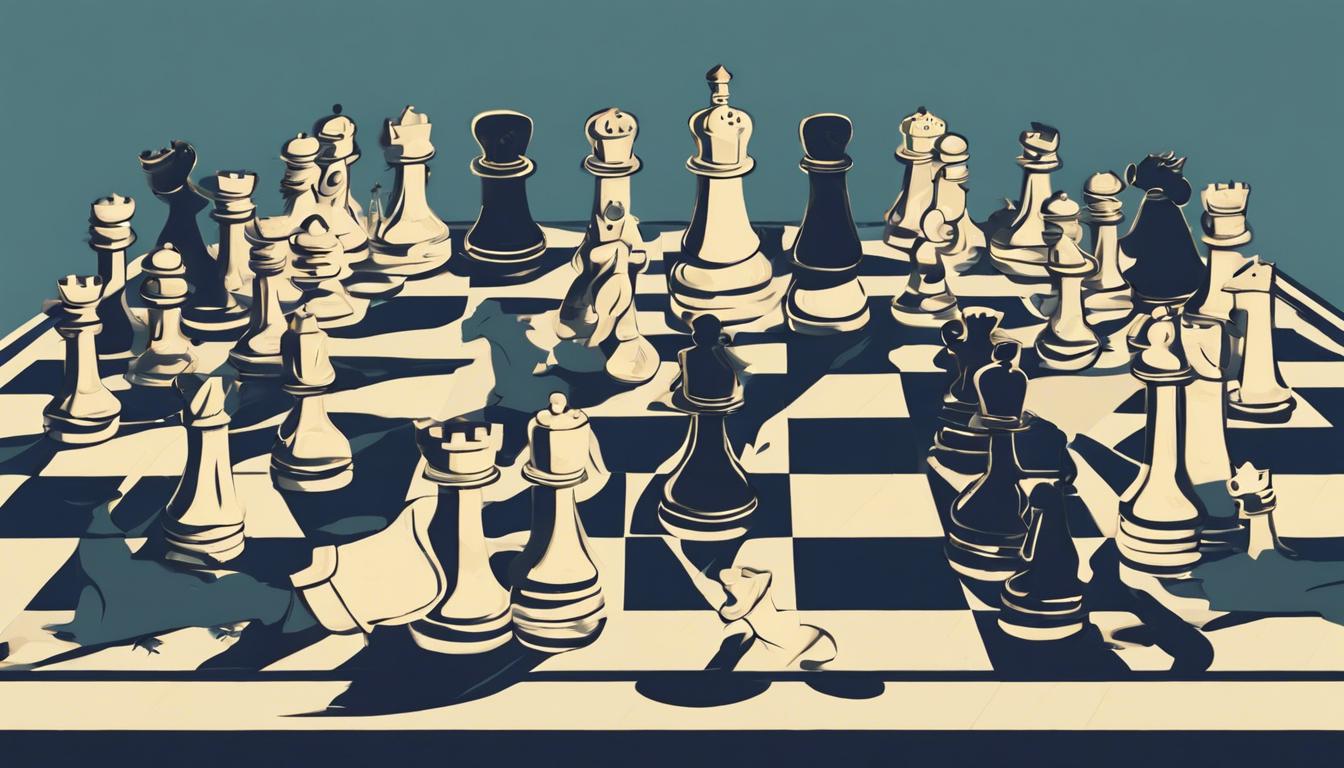Calls are intensifying among senior Tories to have Iran’s Revolutionary Guard Corps categorised as a terrorist organisation, citing recent hostilities and security threats within the UK. The government remains cautious, weighing diplomatic consequences with Iran.
Senior Tories in the UK are advocating for the government to designate Iran’s Revolutionary Guard Corps (IRGC) as a terrorist organization, a move driven by concerns over the IRGC’s recent failed attack on Israel and allegations of supporting terrorism in the UK. Labour leader Sir Keir Starmer and former Home Secretary Suella Braverman have both spoken out in favor of stringent measures against the IRGC, highlighting national security imperatives.
The IRGC, known for its role in regional conflicts and supporting anti-Israel groups such as Hamas and Hezbollah, has been a focal point of contention. Rishi Sunak, the UK Prime Minister, while acknowledging the threats posed by the IRGC, has shown reservations about fully severing ties with Iran, possibly due to the diplomatic repercussions that such a move could entail. This perspective is supported by Foreign Secretary Lord Cameron, who underscored the importance of sustaining diplomatic channels even while acknowledging the risks posed by the IRGC.
The debate in the UK centers on the broader implications of labeling the IRGC as a terrorist entity, which could parallel designations of groups like ISIS or al-Qaeda. This potentially escalates tensions not only with Iran but also affects the UK’s role in broader international diplomatic relations, including its interactions with both Tehran and Washington.
The British government’s cautious stance is influenced by concerns over the safety of British embassies and personnel in Tehran, as well as the potential impacts on international relations. Meanwhile, the international community, including the US and France, stresses the need for restraint to prevent further escalation in the Middle East.
As discussions continue, the UK government remains under pressure both domestically and internationally to firm up its stance regarding the IRGC and its activities in the region.













